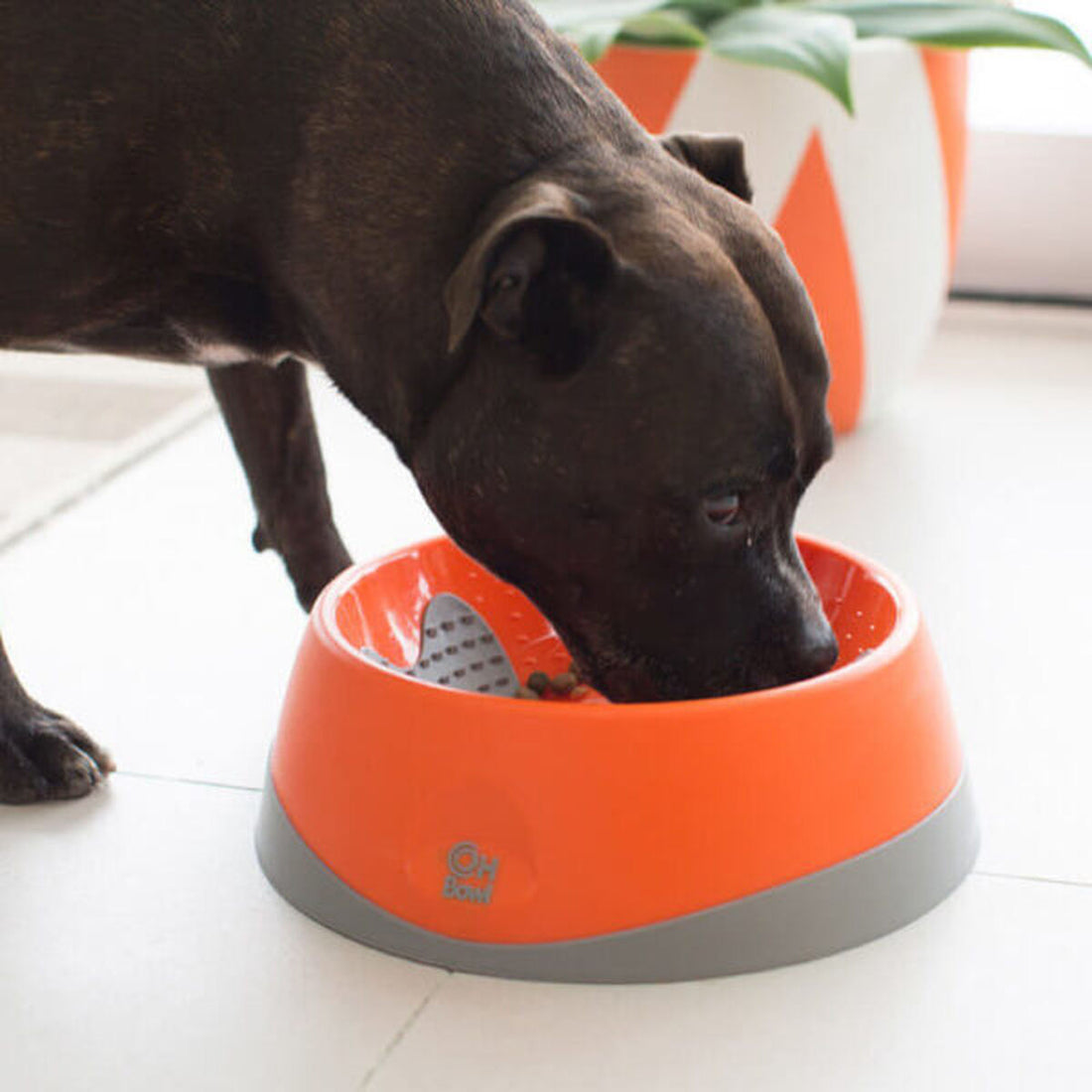
Dangerous Foods Your Dog Should Avoid
Share
As pet owners, we often want to share our favorite snacks and treats with our furry companions. However, what may be delicious and harmless for us can be downright dangerous for our canine friends. In this blog post, we'll explore 20 common human foods that you should never feed your dog, as they can pose serious health risks.
The Dangers of Feeding Human Food to Dogs
While it may seem like a harmless way to bond with your pup, feeding them human food can have severe consequences. Dogs have a different digestive system and nutritional needs compared to humans, and many of the foods we enjoy can be toxic or harmful to them.
Consuming the wrong foods can lead to gastrointestinal issues, such as vomiting, diarrhea, and even pancreatitis. In some cases, certain human foods can be fatal if ingested by dogs. It's crucial to understand the potential dangers and avoid sharing your snacks with your furry friend.
20 Types of Human Food to Avoid Feeding Your Dog
- Chocolate: Chocolate contains theobromine, a compound that is toxic to dogs and can cause vomiting, diarrhea, seizures, and even death.
- Onions and Garlic: These foods contain compounds that can damage a dog's red blood cells, leading to anemia.
- Grapes and Raisins: Grapes and raisins can cause kidney failure in dogs, and the exact toxic compound is still unknown.
- Xylitol: This artificial sweetener is found in many sugar-free products, such as gum, candies, and baked goods. It can cause a dangerous drop in blood sugar and liver damage in dogs.
- Macadamia Nuts: These nuts contain an unknown toxin that can affect a dog's nervous system, leading to vomiting, tremors, and hyperthermia.
- Caffeine: Found in coffee, tea, sodas, and some medications, caffeine can be dangerous for dogs, causing restlessness, rapid breathing, heart palpitations, and seizures.
- Alcohol: Alcoholic beverages and foods containing alcohol can cause vomiting, diarrhea, coordination problems, breathing issues, and even coma in dogs.
- Fatty Foods: High-fat foods, such as butter, oils, and meat trimmings, can cause pancreatitis in dogs.
- Bones: Cooked bones can splinter and cause obstructions or lacerations in a dog's digestive tract.
- Raw Dough: Uncooked bread dough can expand in a dog's stomach, causing bloat, which is a life-threatening condition.
- Moldy or Spoiled Foods: Toxins produced by mold can cause vomiting, liver damage, and neurological problems in dogs.
- Salt and Salty Snacks: Excessive salt can lead to electrolyte imbalances and potentially fatal conditions like sodium ion poisoning.
- Nutmeg: This spice can cause seizures, central nervous system issues, and even liver damage in dogs.
- Xylitol-Containing Gum and Candies: In addition to the dangers of xylitol, these products can also pose a choking hazard for dogs.
- Raw Eggs: Raw eggs can contain Salmonella bacteria and also interfere with the absorption of certain vitamins.
- Cooked Bones: While raw bones can be safe for dogs, cooked bones become brittle and can splinter, causing obstructions or lacerations.
- Avocado: The persin compound in avocados can cause vomiting and diarrhea in dogs.
- Nutty Butters: Some nut butters, such as those containing xylitol, can be toxic to dogs.
- Excess Liver: While liver is a nutritious treat for dogs in moderation, too much can cause vitamin A toxicity.
- Excess Salt and Sodium: Just like in humans, too much salt and sodium can be harmful to dogs, leading to electrolyte imbalances and other health issues.
Remember, when it comes to your dog's diet, it's always best to stick to high-quality, dog-specific foods and treats. If you're unsure about a particular food, it's better to err on the side of caution and avoid feeding it to your furry friend. By being mindful of the foods you share, you can help keep your dog happy, healthy, and safe.
Conclusion
Protecting your dog's health should be a top priority, and that includes being vigilant about the foods you feed them. By understanding the dangers of common human foods, you can ensure that your canine companion stays safe and enjoys a balanced, nutritious diet. Remember, when it comes to your dog's well-being, it's always better to be safe than sorry.

